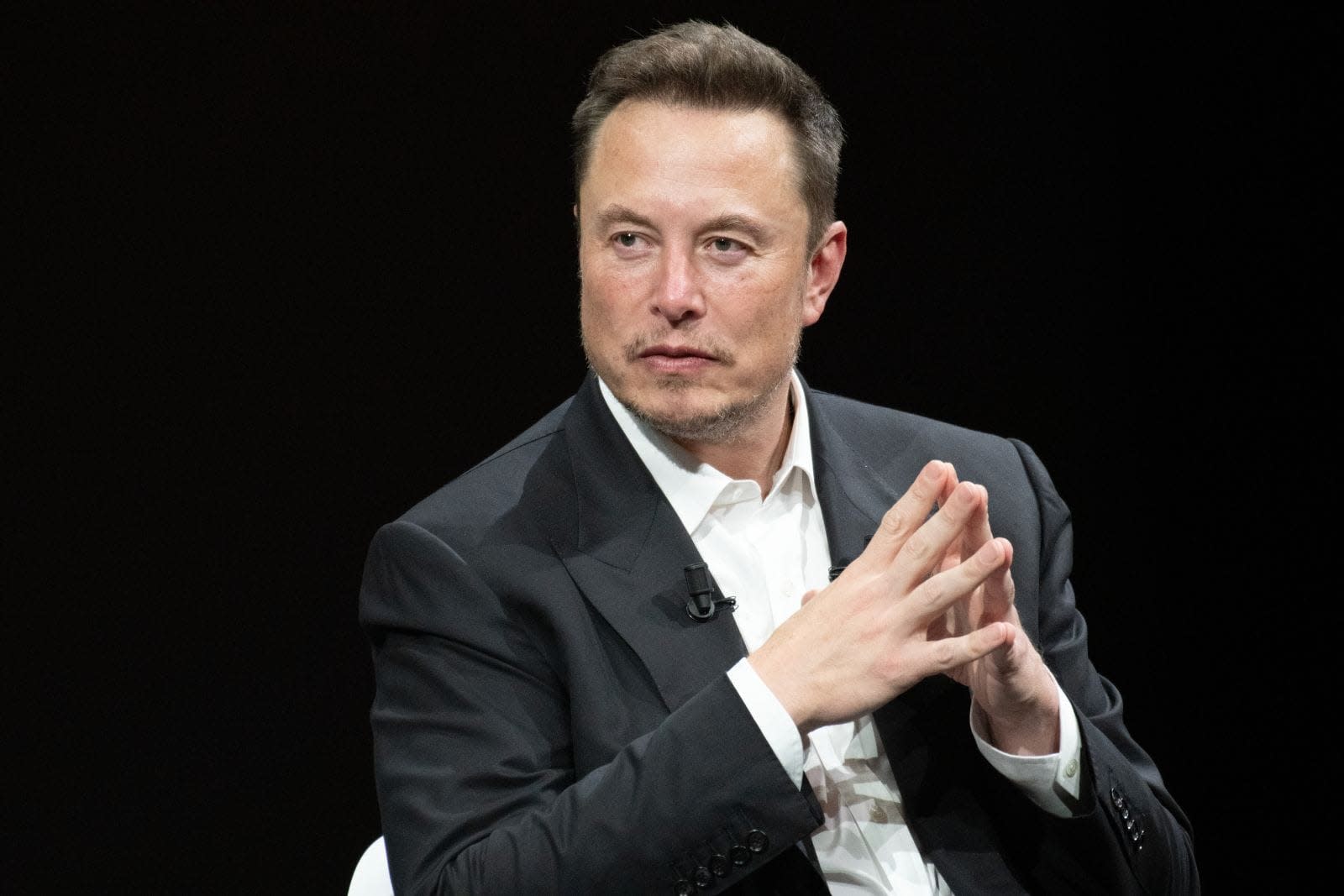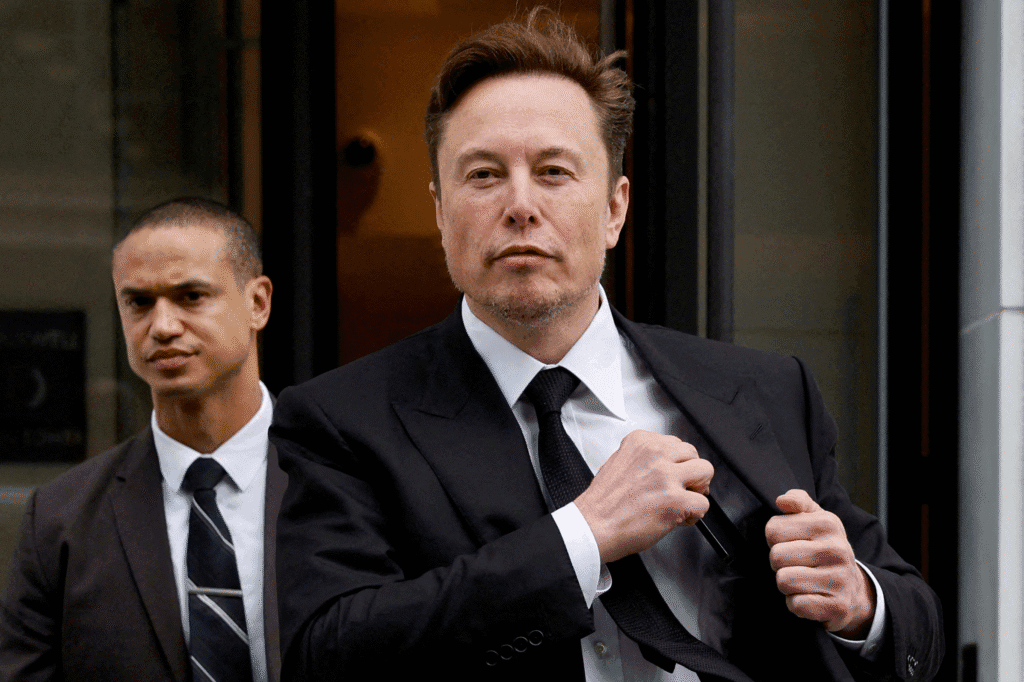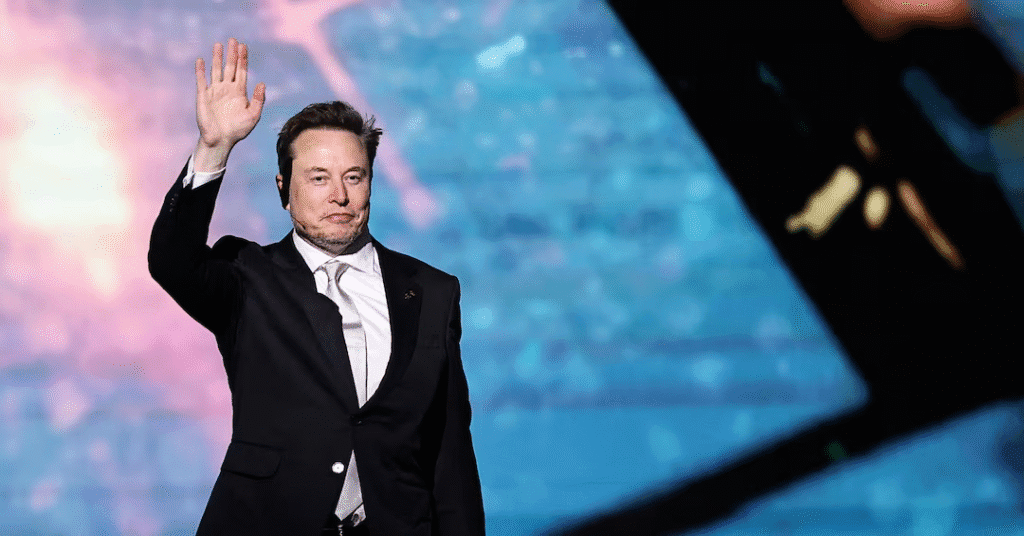
Tesla is a company unlike any other. It has fundamentally reshaped the auto industry. Moreover, its success is inextricably linked to one man: Elon Musk. The latest controversy is staggering in scale. Tesla’s board has proposed a compensation package for Musk. This package could be worth up to an unprecedented $1 trillion. This figure has sparked immediate, intense pushback. Clearly, the proposal is not merely about money. Instead, it is a referendum on corporate governance, accountability, and the very price of genius.
An Unprecedented Proposal
The size of the proposed package defies corporate history. It stands as the largest compensation plan ever conceived for a corporate executive. To be precise, the full $1 trillion value depends on “Mars-shot” performance targets. These targets are immensely ambitious. They span the next ten years.

The Lofty Milestones
Musk must increase Tesla’s market capitalization from its current level of around $1 trillion. The final goal is a stunning **$8.5 trillion**. Furthermore, he must meet aggressive operational targets. These include delivering 20 million vehicles. He must also achieve $400 billion in adjusted core earnings. In addition, the plan requires major breakthroughs in new business lines. This means launching one million Robotaxis. It also requires the mass production of one million humanoid Optimus robots. Finally, Musk must remain in an executive role for at least seven and a half years. This all-or-nothing structure is designed to align his interests with shareholder value. However, many investors remain highly skeptical.
The Voice of Dissent: Reasons for Pushback
A powerful coalition of shareholders has mobilized. This group includes the SOC Investment Group and several state officials. These officials manage vast public pension funds. Their concerns are serious and multi-layered. They have urged investors to vote against the package.
Astronomical Dilution Concerns
The sheer scale of the award is the first point of contention. The grant is structured in stock-based awards. Therefore, granting a potentially massive number of new shares leads to dilution. Dilution reduces the proportional ownership stake of existing shareholders. Proxy advisor Institutional Shareholder Services (ISS) weighed in. They valued the stock-based award at over $100 billion. They warned that the size is simply “astronomical.” Consequently, existing investors fear their slice of the Tesla pie will shrink too much.
The Lack of Independent Board Oversight
Secondly, critics argue the board lacks independence from Musk. They point to the deep personal and professional ties between directors and the CEO. Hence, they accuse the board of a “relentless pursuit” of retaining Musk. This pursuit, they claim, has come at the expense of shareholder protection. The shareholders’ letter called for a vote against the re-election of several directors. This highlights a fundamental crisis of governance. The board’s primary duty is to oversee management. Yet, many believe they have failed to provide “meaningful real-time oversight.”

Performance and Distraction Worries
Furthermore, investors cite declining operational and financial performance as a reason to reject the pay hike. Tesla has faced increased competition from rivals like BYD. Sales and profits have recently dipped in key markets. In contrast, Musk has taken on more time-consuming roles elsewhere. He runs SpaceX, Neuralink, The Boring Company, and xAI/X. He also took on a political advisory role. Critics argue the board has allowed him to be “overcommitted for years.” They worry about his focus on Tesla. Thus, the proposed pay package is seen as rewarding distraction rather than demanding full commitment.
The Loopholes and ‘Partial Achievement’
The complexity of the plan is also a concern. Critics note that the structure could still hand Musk tens of billions of dollars. This could happen even if he falls short of the most ambitious targets. The plan rewards partial achievement. Moreover, Tesla’s soaring share price alone helps satisfy some thresholds. Therefore, the argument that “if Elon Musk doesn’t deliver results, he receives nothing” is perceived as misleading. The design features may deliver excessively high payouts for modest success.
Echoes of the Past: The 2018 Precedent
This is not Tesla’s first pay package controversy. The current pushback is framed by the shadow of the 2018 pay deal. That deal was initially valued at $56 billion. However, that package was later canceled by a Delaware Chancery Court in early 2024.
The Delaware Ruling
The court’s ruling was highly critical. The judge found the board was not independent enough. They failed to fully inform shareholders. Consequently, the package was struck down as an “unfathomable sum.” That legal defeat led Tesla to re-incorporate in Texas. This move was clearly an attempt to find a more director-friendly legal environment. Subsequently, the board proposed this new, even larger package. They believe it addresses the legal flaws of the past. Nevertheless, critics argue it simply doubles down on the same governance issues.
The Role of Voting Power
A key difference this time involves Musk’s voting power. Unlike the 2018 package, Musk will be allowed to vote his shares on the new plan. He controls about 13.5% of the voting power. Therefore, this stake could be decisive in securing approval. This change raises further questions about corporate fairness.

The Board’s Defense and the Trillionaire Bet
Tesla’s board has vigorously defended the proposal. They argue that Musk’s unique leadership is indispensable. He is both the public face and the internal driver of innovation.
Retaining the Visionary
The board believes that a massive, incentivizing package is necessary for retention. Many talented people come to Tesla specifically to work with Musk. Hence, keeping him motivated is crucial for recruiting and retaining top talent. They argue that traditional compensation models are simply not appropriate for a revolutionary like Musk. Furthermore, they point out that the financial risk is still high for him. If he fails to hit the targets, he receives nothing.
Aligning for Trillion-Dollar Growth
Ultimately, the board views the package as a bold, necessary bet. They assert that the performance incentive plan aligns Musk’s compensation with shareholder value creation. The $8.5 trillion market cap target represents trillions of dollars of value for current shareholders. In this view, the colossal payout is merely a byproduct of colossal success for everyone. The question for investors is whether they believe Musk can truly turn Tesla into a company worth eight times its current value by revolutionizing AI, robotics, and transport.
The Upcoming Vote: Governance at a Crossroads Elon Musk
The final decision rests with the shareholders. The vote is scheduled for November 6. The pushback from institutional and state investors has made the vote a highly watched event. For many, this is a test of corporate governance in the age of the mega-CEO.
Impact on Corporate Standards
A rejection would signal a clear demand for greater board independence. It would set a limit on executive pay, even for a revolutionary leader. Conversely, approval would validate the board’s view. It would reinforce the idea that extraordinary compensation is necessary for extraordinary, visionary talent. Regardless of the outcome, this debate has already put a spotlight on the relationship between corporate boards, superstar CEOs, and shareholder accountability worldwide. The world is watching to see if the price of genius at Tesla is truly worth one trillion dollars.
Read More Articles Click Here. Read Latest News Articles Here.


